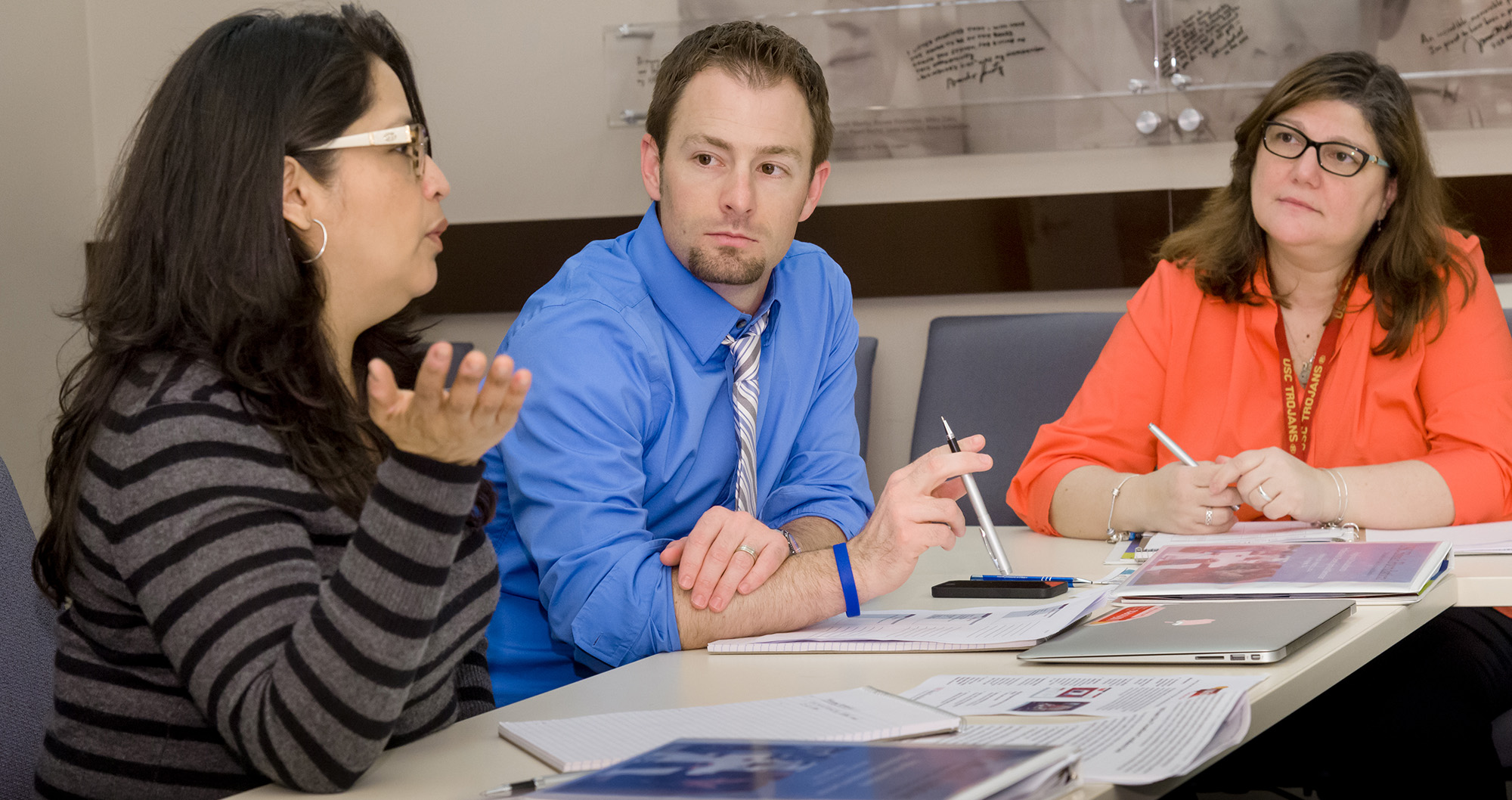Social Education Journal Publishes Article About IWitness

Three IWitness educators have authored an article about IWitness for the National Council for the Social Studies’ journal Social Education.
The article is titled “With Their Voice: Constructing Meaning with Digital Testimony,” and was written by Brandon Haas, Michael J. Berson and Ilene R. Berson. Haas is a high school history teacher in Florida and a USC Shoah Foundation Master Teacher and Project Specialist, responsible for introducing teachers to IWitness in his region. Michael J. Berson is a professor in the Department of Teaching and Learning at the University of South Florida who was one of the first to pilot IWitness. Ilene R. Berson is a professor of early childhood education, also at the Department of Teaching and Learning at the University of South Florida.
Haas, Berson and Berson describe how IWitness can supplement the kind of learning students experience when a Holocaust survivor visits their classroom. Though it is increasingly difficult for students to meet Holocaust survivors in person, IWitness provides an equally meaningful, albeit different, experience.
“The application empowers students to inquire about difficult questions related to identity and choice, and provides tools for students to investigate ideas, analyze information, and collaborate with others on projects to represent both content knowledge as well as personal perspectives on the impact of the event,” the authors said.
The article provides an overview of the various features of IWitness, including searching testimony, activities and constructing videos. The authors also talk about the skills students learn through IWitness, such as empathy, digital literacy, critical thinking and cross-cultural understanding. Finally, they maintain that one of IWitness’s most compelling features is its ability to transform students from passively observering to actively engaging with the testimonies of survivors and witnesses through their own personal narratives and video projects.
“The individualized nature of their inquiry allows students to critically construct meaning as they investigate topics,” the article states. “Moreover, when students take the time to watch the projects of classmates, they are exposed to multiple perspectives, both of the survivors, but also the varying viewpoints of their peers. This is powerful learning.”
Social Education, the flagship journal of the National Council for the Social Studies, contains a balance of theoretical content and practical teaching ideas. The award-winning resources include techniques for using materials in the classroom, information on the latest instructional technology, reviews of educational media, research on significant social studies-related topics, and lesson plans that can be applied to various disciplines. Departments include Looking at the Law, Surfing the Net, and Teaching with Documents. Social Education is published six times per year and has a circulation of about 40,000.